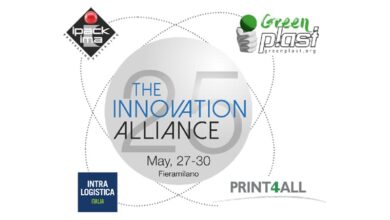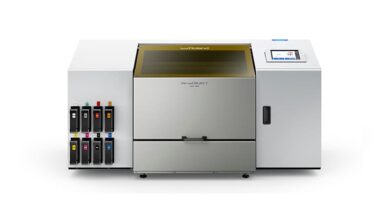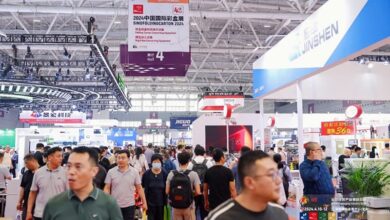Unilever Expands R&D Investment to Tackle Plastic Waste
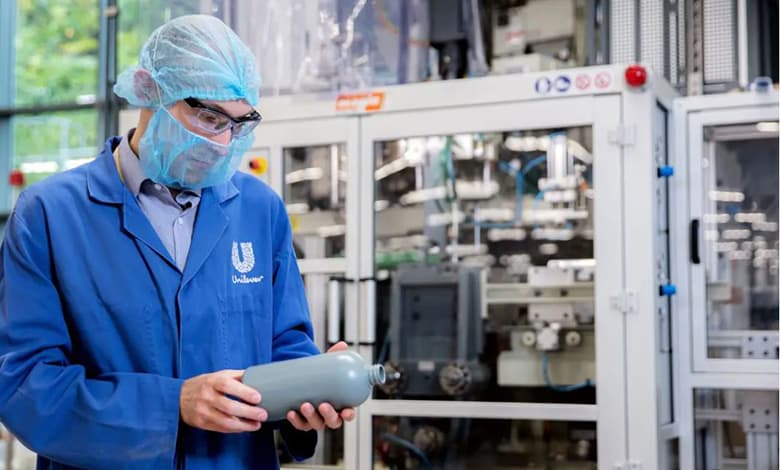
On October 9, 2024, Unilever announced a significant increase in its investment in materials science and technology to accelerate progress toward reducing virgin plastic use. The company has more than doubled its research and development (R&D) funding at its Global Packaging R&D Centre. This investment supports the development of sustainable packaging solutions, including new recyclable and compostable materials, as part of its ambitious goal to eliminate plastic pollution.
Through the ‘Future Flexibles’ program, Unilever is working on packaging alternatives, such as pouches and sachets, made from recyclable and compostable materials. This initiative aligns with its target to ensure that 100% of its flexible plastic packaging is reusable, recyclable, or compostable by 2035.
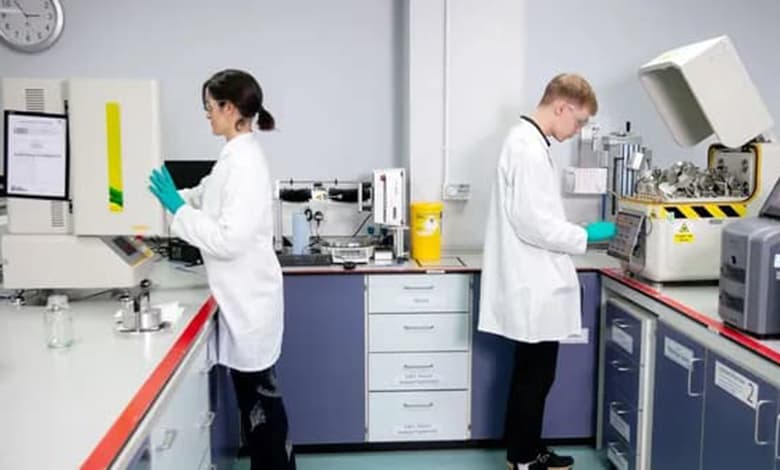
One of the key innovations is the creation of a digital tool that can predict the color and quality of packaging made from post-consumer recycled (PCR) content. This development cuts the need for physical prototypes and speeds up the design process by 25%, allowing Unilever to incorporate more recycled plastic into its packaging. Despite challenges, such as maintaining the quality and appearance of recycled materials, Unilever continues to make strides toward reducing its reliance on virgin plastic.
Unilever is also exploring alternatives to paper packaging, which, although compostable and recyclable, often lacks the strength and durability needed for products like detergents and shampoos. The company’s R&D team is researching solutions to replace plastic films currently used for barrier protection, aiming for fully sustainable packaging that still meets functional needs.
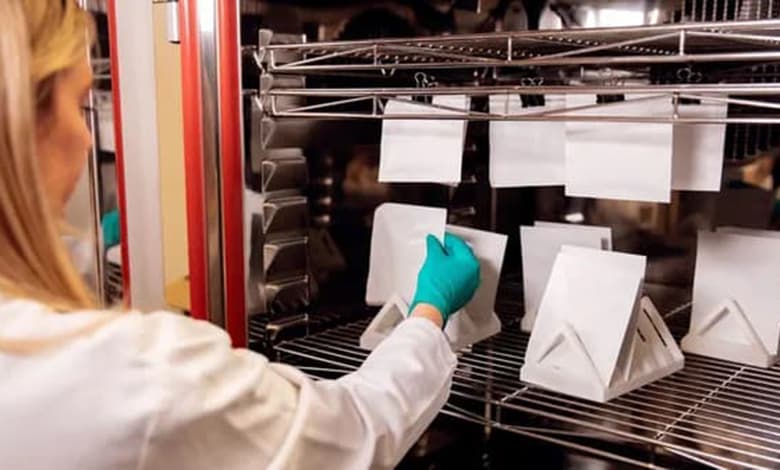
In addition to developing new packaging materials, Unilever emphasizes collaboration with industry peers and policymakers to drive systemic change. The company advocates for coordinated policies across the plastic lifecycle to scale solutions and ensure all businesses adhere to consistent sustainability standards. Unilever believes that only through collective action will it be possible to significantly reduce plastic pollution and lead the shift towards more sustainable packaging formats.
Unilever’s expanded investment in sustainable packaging innovation, together with its commitment to reducing plastic pollution through collaboration and advanced materials, marks a critical step forward in its journey towards a circular plastic economy.

.gif)
